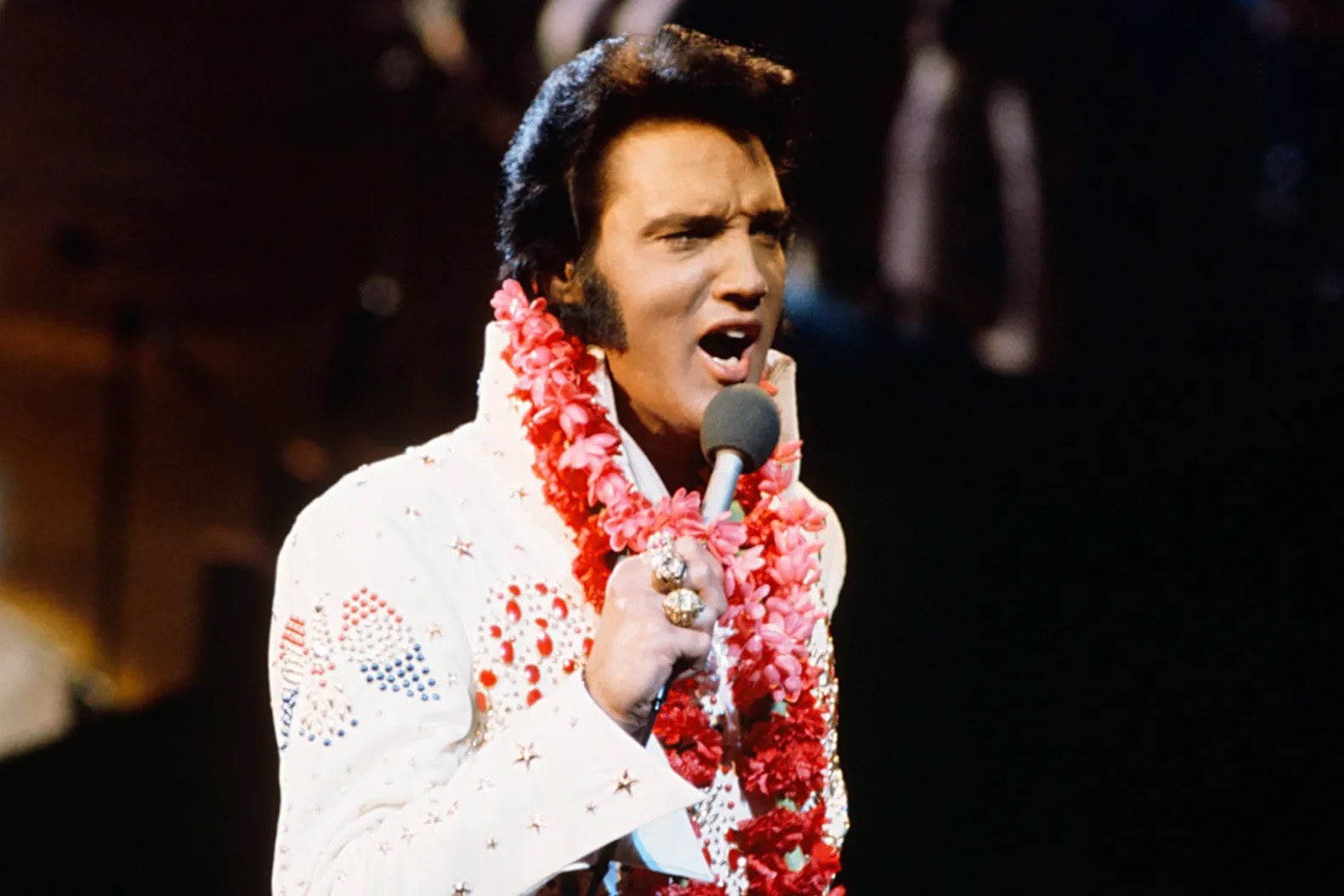
Introduction
When the world was ready to write off Elvis Presley, he answered with fire. In 1969, after years of B-movies, fading relevance, and whispers that rock’s crown had slipped from his head, Elvis stormed back with one song that shook the music world to its core: “Suspicious Minds.”
This wasn’t just another hit—it was survival. The King was cornered, critics had buried him, and a new generation of rock gods threatened to erase his throne. But with “Suspicious Minds”, Elvis ripped through the doubt, his voice dripping with desperation, power, and raw human truth. The song’s story of love poisoned by jealousy mirrored his own battles—trapped in a world of fame, mistrust, and betrayal.
The performance? Explosive. On stage, Elvis didn’t just sing—he fought. Sweating, snarling, almost collapsing under the weight of the emotion, he turned the song into a confession. Fans weren’t just hearing music; they were watching a man claw his way back from cultural death. And against all odds, he triumphed.
The single roared to #1 on the Billboard Hot 100, his first in seven years, instantly silencing doubters. Suddenly, the “has-been” was untouchable again. Elvis wasn’t just back—he was reborn. “Suspicious Minds” proved that legends don’t fade quietly. They come back swinging, breaking through walls of doubt, burning with the urgency of survival.
Looking back, it wasn’t just a hit record. It was a resurrection. Without “Suspicious Minds,” Elvis Presley might have been remembered as a fallen idol. Instead, he cemented his title forever: not just the King of Rock ’n’ Roll, but the King who refused to die.